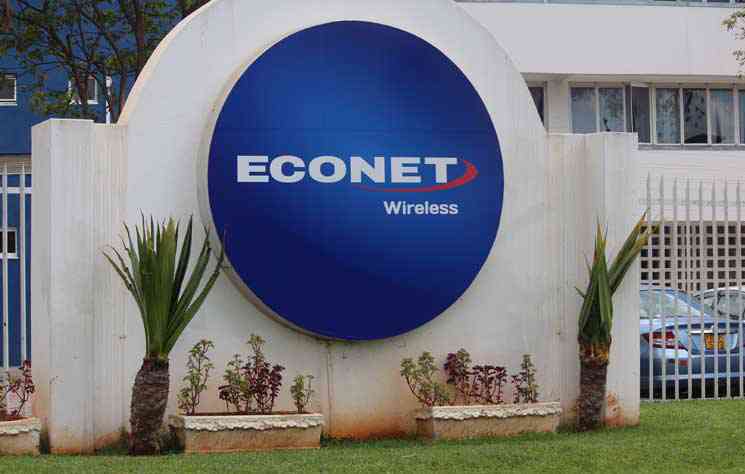
ECONET Wireless Zimbabwe (EWZ) says the absence of a serious adjustment in tariffs is threating the long-term viability of the telecoms sector after it posted a loss of ZWL$17 billion in the year ended February 28, 2023.
The loss was from a profit after tax of ZWL$39,62 billion in the comparative 2022 period.
Telecoms firms have in the past said the obtaining tariffs, approved by the industry regulator, have been outpaced by the cost of running the sector.
In its annual report, EWZ board chairperson James Myers said tariff reviews trailed inflation.
“The business acknowledges the various interventions that the regulator has granted the sector in a bid to align operating costs with revenue generating activities. However, tariffs continue to fall behind inflation because of rapid changes in the macro-economic environment. This disparity occurs because tariffs for the sector are determined in the local currency, based on movements in inflation and in the exchange rates,” Myers said.
“This puts significant pressure on operating costs on the backdrop of grid power load shedding challenges. The prevailing tariff environment is a threat to the long-term viability of the local telecoms sector and curtails the ability of the sector to invest appropriately to meet customer demand, thereby undermining the quality of service.”
The loss in the financial year came despite the company recording a 20% growth in revenue to ZWL$339,16 billion for the period under review, from a 2022 comparative of ZWL$282,15 billion. The earnings before interest, taxation, depreciation, and amortisation (EBITDA) margin decreased to 40%.
The decrease was from an EBITDA margin of 52% for the comparative 2022 period, indicating that EWZ is now facing profitability and cashflow challenges.
- Tarakinyu, Mhandu triumph at Victoria Falls marathon
- BCC, HCC adopt results-based ambulance services
- Water rationing looms in Bulawayo
- Building narratives: Chindiya empowers girls through sports
Keep Reading
EWZ ended the period having just ZWL$0,93 to every dollar of debt leaving the company undercapitalised and illiquid.
Myers said the tariff adjustments that were implemented were not adequate to offset the increase in inflation which closed at 230% in January 2023.
This was largely because of the Zimdollar losing over 600% of its value against the greenback.
“The disparity between the revenue growth and EBITDA margin is reflective of the sub-economic tariff environment coupled with accelerated exchange rate depreciation,” Myers said.
“The local currency lost value by more than 85% during the year under review which had a negative impact on overall profitability. The group incurred exchange losses of ZW$77 billion which translated to 23% of revenue against a prior year comparative rate of 6% of revenue.”
The EBITDA margin measures a company's earnings before interest, tax, depreciation, and amortisation as a percentage of the company’s total revenue thus if the margin is higher, it means higher profitability while a lower margin means the opposite.
The illiquid position of EWZ was despite total assets more than doubling in value to ZWL$709,02 billion from a 2022 comparative of ZWL$340,81 billion.
However, the increase was largely due to revaluation of certain assets owing to the local currency’s depreciation.
Costs and expenses were nearly ZWL$199 billion at the end of the period under review, up 48,49% from the ZWL$133,75 billion recorded in the comparative 2022 period.
Direct network and technology operating costs made up the bulk of the costs at ZWL$88,7 billion which is the main reason EWZ is pushing for higher tariffs.
The poor performance led to EWZ’s income tax expense dropping to ZWL$23,19 billion, from a 2022 comparative of nearly ZWL$30 billion showing that the low tariff is now eating into fiscal revenue.
This comes at a time when Econet is one of the biggest taxpayers.
“We have a strong platform to anchor our transition to a full-fledged digital services provider. Exploiting 4G and 5G network enabled opportunities will be key to keep abreast with emerging global trends and improve service delivery,” Myers said.







